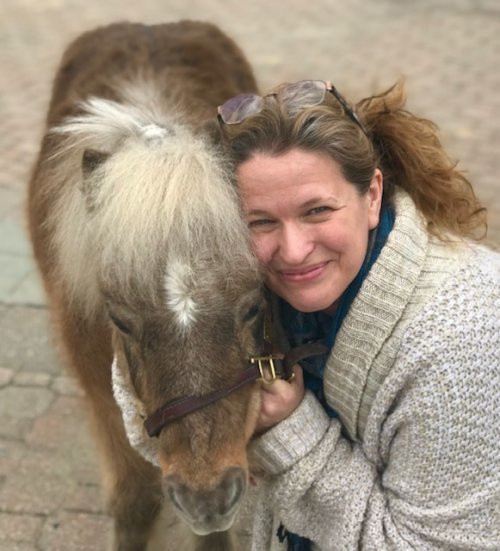Countdown to the Kentucky Derby - 128 days to go!

128 Days!! 1891 Kingman became Isaac Murphy's third and final Derby winner, while also having the unfortunate title of winning the slowest Derby ever. Kingman was the second Kentucky Derby winner foaled in Tennessee, bred by Albert Franklin. He was purchased by trainer Dudley Allen, a former slave and a soldier in the Civil War, for $250 as a yearling.
Choosing the bay colt out of 20 foals at Franklin’s farm, he shipped Kingman to his stock farm in Lexington to raise and train him. Allen would be the last of six African Americans to train a Derby winner, but he was the first to own one. Allen and horse owner Kinzea Stone formed Jacobin Stable, and ran the horse under that name. Kingman prepped for the Derby winning two races in Lexington, one of them being the Phoenix Stakes (run the Saturday before the Derby) at a mile and an eighth, coming to within ¾ second of breaking the track record, covering the distance in 1:53 ½. Allen knew that Kingman could get the distance of the Kentucky Derby, being bred for the mile and a half, and just to be sure, he worked him the distance in a time of 2:35 ½ before the Derby.
Derby day would find an enlarged grandstand and a new saddling paddock. The masses filled the track, with nearly 25,000 in attendance. The crowd was so large that it required a police escort to get the starter to his stand. Three horses scratched from the race that morning, leaving a field of just four. Dudley Allen would be very confident in the his charge’s chances, keeping Kingman in his “lucky stall”, the same that he kept Vagrant in when he won the Derby.
He gave Murphy strict instructions concerning the race, telling him, “If they walk, you walk: if they canter, you canter.” All of the jockeys were given the same instructions though, which led to the horses all being warmed up faster than they actually ran in the race. Kingman was the first of the Derby contenders to the track.
The Courier-Journal read, “The only cheer (during post parade) given was that which greeted Kingman as he passed the grand-stand with his mane decked in blue, red, and yellow ribbons of the Jacobin Stable.”
The time of 2:52 1/4 will always stand as the slowest Derby time because the race at that time was run at a mile and a half. The jockeys clung to the instructions of the trainers, the four horses stayed closely bunched together, with the horse Hart Wallace carving out the slow fractions while leading only by a neck. The half mile was run in 1:05.1/2, 13 ¼ seconds slower than the previous record, the 6 furlong mark of 1:35 ¾ was 16 ¼ seconds slower, and the mile time of 2:01 (which is a fast time for today’s 1 ¼ mile race), was 14 seconds slower than any previous Derby.
At the ¾ pole all jockeys were pulling at their horses, trying hard not to be in the lead, going so slow that it was described as a “funeral Procession”. At the mile and a quarter mark, jockey Isaac Murphy saw one of the riders start to make a move, and he loosed Kingman’s reins. The horse didn’t spurt to the lead though, as Murphy expected, as the horses were all tired from fighting the riders to let them go. Riding Kingman hard, he finally took the lead, passing under the wire a length in front. Kingman was described as “the winner of the poorest race, against the worst field in the history of the Derby”. The 2:52 ¼ time was 17 ¾ seconds slower than the Kentucky Derby record, set by Spokane. In 1896 the distance was changed to the mile and a quarter, and it's been run at that distance ever since. Kingman won the Phoenix Stakes in Lexington, the Kentucky Derby, and then the Latonia Derby at Latonia racetrack, winning all three of Kentucky's big spring races.
The photos are of the actual silk "purse" that Kingman's owner received. The card is an agreement that if Isaac Murphy rode Kingman and won that he would be paid an additional $250.



